How to Avoid Identity Theft – Prevention is so much Better than Cure
When it comes to Identity Theft, I unfortunately write from a position of experience. The good news is that in spite of having to cancel my personal credit card after someone enjoyed a $5,000 shopping spree in New York with a counterfeit duplicate while I was in Los Angeles, my identity is still intact. The bad news is I can’t say the same about my husband who has endured multiple types of identity theft. His business credit card has been used fraudulently multiple times, someone withdrew money from his personal bank account with a fake ID in his name, someone physically wired into his business phone system and intercepted calls until he discovered what was happening, and most recently, someone filed tax returns in his name in an attempt to obtain his tax refund. It’s not the ideal way to earn my husband’s respect but he’s paying much closer attention to my blog these days.
So, besides reading all my blog posts :), what can you do to avoid getting into this type of situation yourself?
1. PROTECT YOUR IDENTITY by ferociously guarding your personal information and the personal information of your family members
- Keep bank records, social security cards, credit cards cards and written or stored records of this information in a secure place
- Shred documents that have personal information including social security numbers on them (Work records, insurance forms, medical records, tax records, etc.)
2. Keep anti-virus and anti-malware software current on all computers and mobile devices to prevent identity thieves from accessing personal information via phishing scams or computer viruses
3. Use strong passwords that are not easy to guess and do not store them where they can be accessed by others (i.e. On Dropbox, on your computer, or on paper near your computer). Avoid using the same password for multiple accounts
4. Use caution when downloading from the internet and instruct all family members to do the same
- Do not download content from sites or from emails you are not certain are trustworthy
- Make sure you trust the source before clicking on links in emails and on Social Media.
5. Be careful what you share on Social Media
- Providing personal information like hometown, names and birthdays can make you and your family more vulnerable to identity theft
- Do not share information on Social Media that answers any of your security questions
6. Have informal two-way discussions with your family regarding internet safety and privacy
Rather than lecturing, exchange stories and ideas regarding Cyber Safety and Cyber Security. Teach your family to create passwords and password hints that are difficult for others to guess and remind them to follow the same guidelines you should be following yourself:
- Use virus protection and update it regularly
- Install computer and software updates since these often include patches relating to cyber security
- Be careful with Social Media
- Do not give out personal information
- Use caution when downloading to avoid phishing scams and to avoid downloading viruses and malware
7. Verify your social security number and the numbers of other family members are not being used fraudulently
Request an annual free credit report
- Everyone is entitled to an annual free credit report from each of the major credit bureaus. It is important to understand that identity theft will only be detected if it is of a financial nature. (For example, when a social security number is used with a different name and birth date (ie. in criminal or employment databases) this will not be picked up in a standard credit report)
- Lifelock service recommends CreditKarma.com to their subscribers for a free credit report
- Request a free Manual Social Security number search from the major credit bureaus
- This will let you know if your social security number is being used with someone else’s name
- Credit bureaus only monitor the credit of children that are 17 years or older, however, a manual search may allow representatives to detect if there is a credit history associated with your child’s number that does not belong to your child. (ie. someone used the child’s social security number with a different name or birth date)
- Since standard credit reports fail to detect 99% of child identity theft cases, make sure the search is done on the number only, and not on the child’s name
- Child Identity Theft is currently increasing faster than adult identity theft. For more information on Child Identity Theft, read How to Avoid Child Identity Theft
- For example, AllClearID has partnered with TransUnion to provide a single instance of a free identity check and fraud cleanup. After the first usage, users can select to continue with the limited free service or to upgrade to a paid service
9. Subscribe to a free internet monitoring service but be aware this will only pick up limited types of Identity Theft
- For example, the free option at AllClearID provides internet surveillance including fraud detection but does not cover credit reports. However, it will notify the subscriber if it detects internet fraud such as an instance where hackers post usernames and passwords for sale on an internet site
- Do not give out your social security number to a free site
10. Subscribe to a (paid) service* that monitors your information for identity theft and add your other family members (including young children) so their information is monitored as well. Subscription rates usually include identity theft repair, if necessary
- Lifelock basic service costs about $110 per year. Children can be added to an adult subscription for about $2.50 per month
You will be notified of any accounts opened up in your name, with your social security number or with your birthday. This may delay legitimate account openings but is worth it because it will identify fraudulent ones too
- Lifelock did not pick up the tax return fraud my husband discovered a few days ago however, they are willing to assume a direct role in resolving situations such as these. They will assist in repair of the identity theft (they have direct lines to the IRS which can save hours during tax season if your returns are rejected because someone filed in your name first) and they will assist members in getting back any money lost from Identity Theft. If they are unable to retrieve lost monies, they will reimburse you. Lifelock will spend up to $1,000,000 towards anything required for your recovery from identity theft. (actual losses, investigators, lawyers etc) In my husband’s case, the bank and credit card companies did not hold him liable for any fraudulent charges or withdrawals so Lifelock did not need to step in
- Lifelock will follow up with a credit report check 60-90 days after an incident. The report will be at their expense and they will remove credit inquiries so your credit score is not affected negatively by it
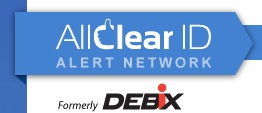 AllClearID’s comprehensive paid option runs about $15 for adults and $5 for children per month
AllClearID’s comprehensive paid option runs about $15 for adults and $5 for children per month
- Identity Guard offers subscriptions ranging in price from $6-$24 per month. The less expensive plans are not comprehensive
* Please complete careful research before signing up with any identity theft protection service, whether paid or free. What-is-Privacy.com makes no representations or warranties, express or implied, about the accuracy, reliability, suitability or availability of the identity theft services discussed in this article.
It’s so easy to be complacent about Identity Theft until you become a victim yourself. Luckily, my husband has not been held financially responsible in any of his instances of Identity Theft. The IRS waived late penalties and accepted his tax returns in person. The credit card company did not hold him liable for a single fraudulent charge and the bank eventually refunded the money that was withdrawn by the impostor. However, the stress and time required to resolve these issues has been huge. When it comes to Identity Theft, I assure you that prevention is way better than cure!
I hope you do not have your own stressful stories of Identity Theft, but if you do, please share them so we can all learn from each other. Until next time …

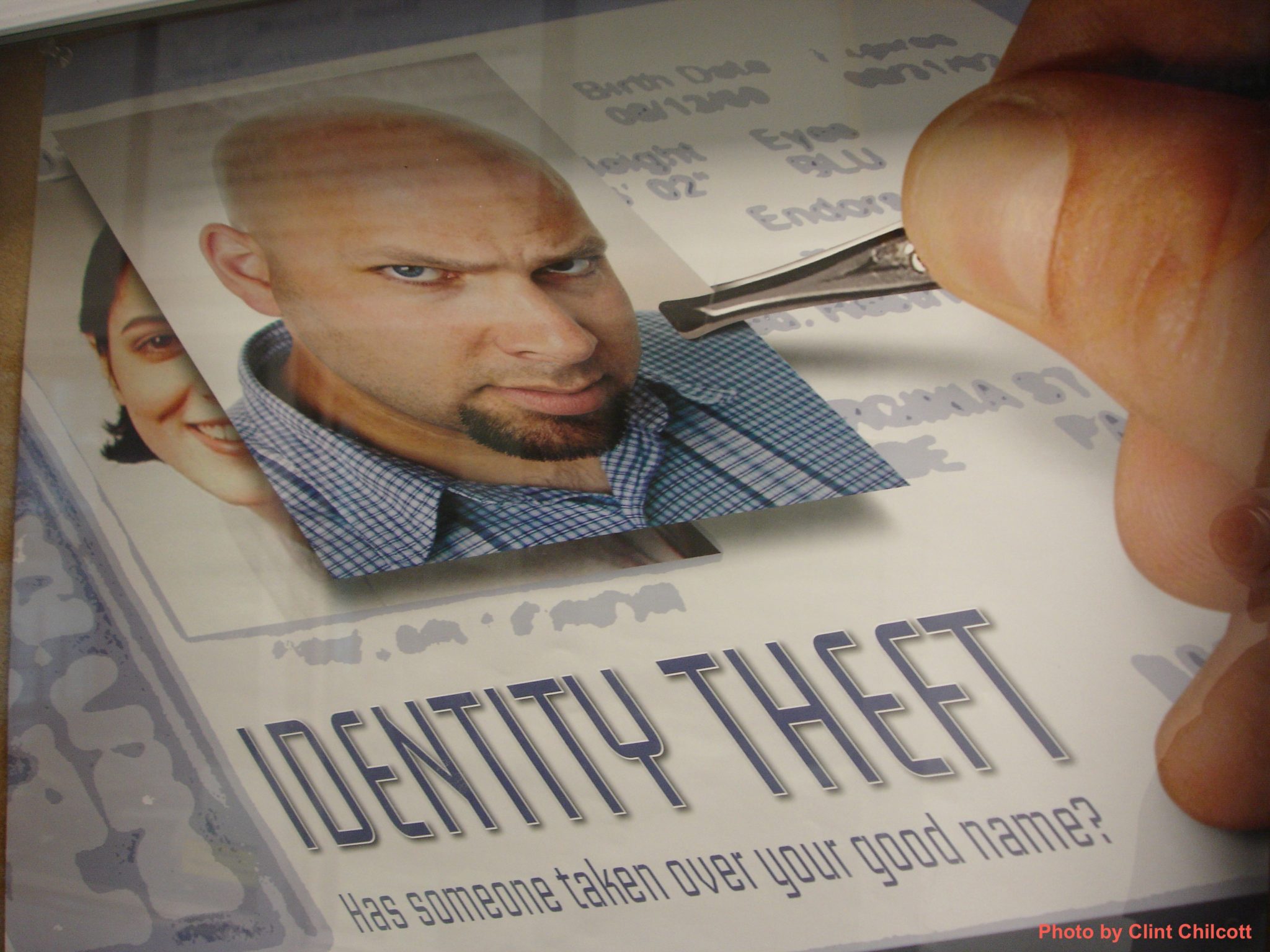

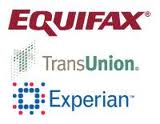


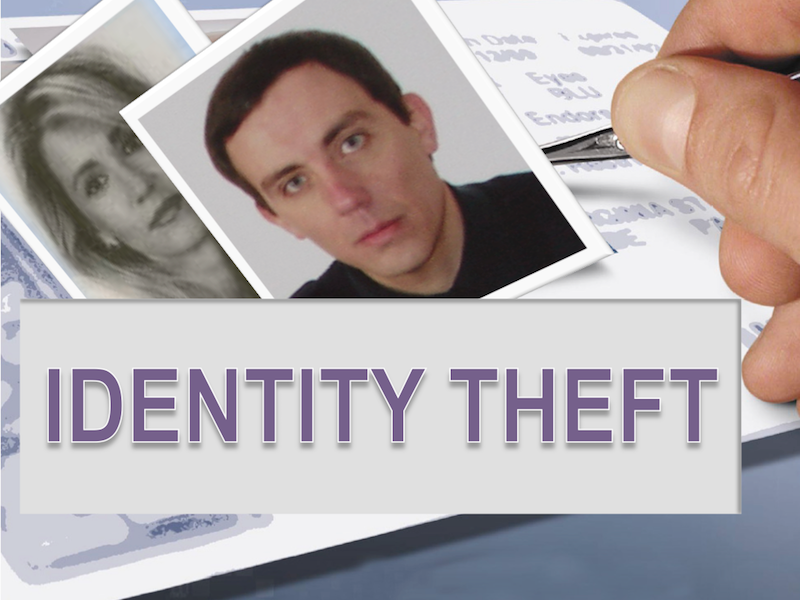



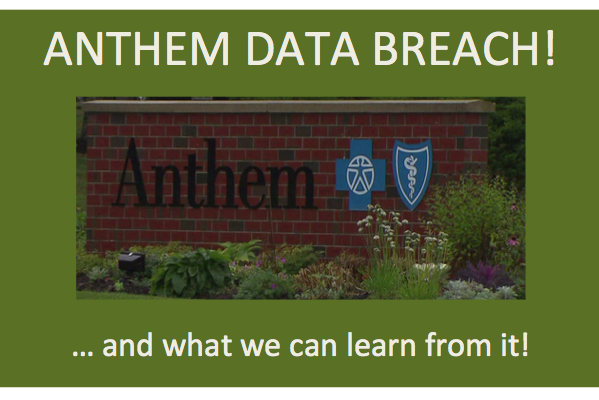

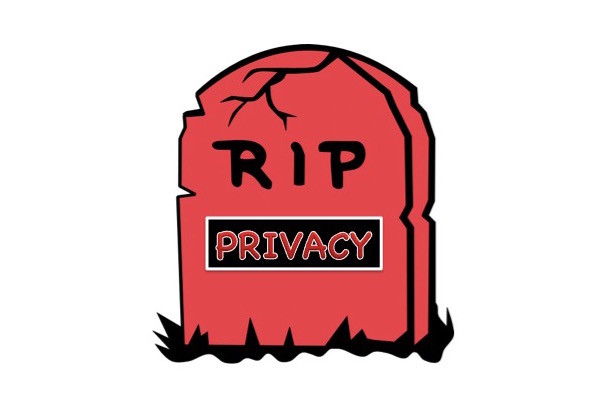



Thank you for all the great info. Given straight and no nonsense. Unfortunately, too many people don’t pay attention to their personal identity until something happens. I agree with you . You need to be assertive and protect your identity.
You’re welcome, Al. And your comment is a concise summary of my article. Thank you!
Fraud has always been a problem, but now that the Internet is more popular, fraud seems to have found a new home. People use to have to worry about phone calls from scammers, and perhaps the unethical contractor, but today’s big worries come from the things that can show up online in a person’s email inbox. Those phone scammers are still around, but most of these types have turned to the Internet to find victims. Apparently, there are a lot of people out there that are easily taken by Internet fraud, and you don’t want to be one of them…:,,
I went back and read this post, it is brilliant! Always need to stay aware and alert. Awareness and knowledge are our best protection. Thanks for speaking and some time training my staff and the doctors. The feedback was fantastic! Office to personal privacy issues and social media were covered well.
Hayley – Great suggestions! From a business perspective, the Social Security Administration offers the premier method of reducing fraud and ID theft; Consent Based SSN Verification (CBSV). All other options are flawed, polluted, and contain stale data! CBSV matches Name, SSN, Date of Birth, Gender and Death Indicator direct to the SSA Master File and Death Index to protect vital business interests. If given a choice, your readers should use a bank or credit union that implements CBSV. And if any reader needs to validate personal identifiers for business purposes, they should use CBSV on all applicants.
In an ironic vein, I just had to change my credit card because someone used it to buy…wait for it…credit card monitoring on Experian!!!!
Now that takes the cake! And it’s funny too. Makes me think of the Beverly Hills Police Chief who recently experienced identity theft. The thief also went after a Beverly Hills judge around the same time. The good news is the thief is now in jail. What kind of a criminal goes after a judge and a police chief? Not a very clever one!
What an eye-opener– thanks for sharing!
Thank you so much for a great article again. As much as technology is making our lives easier and better, it also enables scammers to get in to our wallets easier…
Great work Hayley!
Thanks so much, Faye!
The bad guys seem drawn to your hubby like bees to honey. How are they getting access to all this stuff?
He hasn’t been following Steps 1-10 listed in this article? 😉
Seriously though, once your information has been stolen, the “bad guys” can keep reselling it and they can still post it on Internet sites. The good news is my hubby will be following Steps 1-10 from now on and he also increased his Lifelock protection to the most Premium Plan. In an interview with Lifelock, they told me they manage to get Internet sites selling the identities of victims to shut down. Unfortunately, these “bad guys” simply open up new site when one is closed down.
Hayley-
So sorry to hear that yours and your husband’s identity has been used and abused so much. Maybe that’s cuz you both are such genuinely decent people and others want to “be” you!!! All kidding aside, thanks for all your wisdom on this… definitely things to think about and do. Take care. Love to you and your family,
Elana
Thanks for the kind words, Elana. Best regards to your family too.